Publications
Articles, publications, books, tools and multimedia features from the U.S. Institute of Peace provide the latest news, analysis, research findings, practitioner guides and reports, all related to the conflict zones and issues that are at the center of the Institute’s work to prevent and reduce violent conflict.
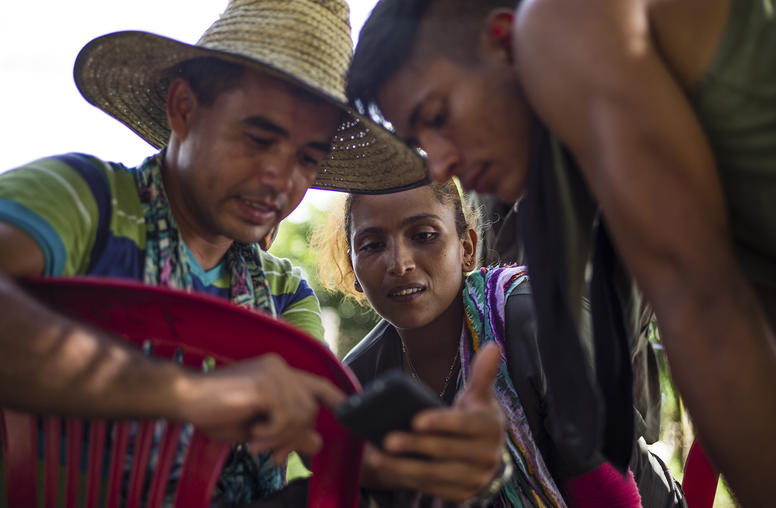
Digital Inclusion in Mediated Peace Processes: How Technology Can Enhance Participation
Inclusion in peace processes is conventionally understood in “offline” terms, such as being physically present at the negotiation table. However, digital technology can support a mediator’s efforts to integrate a broad variety of perspectives, interests, and needs into a peace process. This report explores the current and future practice of digital inclusion, giving a framework for understanding the possibilities and risks, and providing examples of practical ways digital technologies can contribute to mediated peace processes.
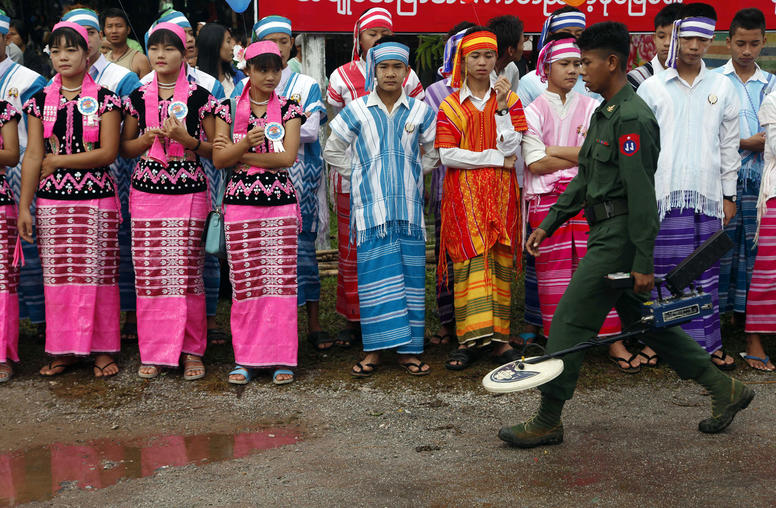
Why Burma’s Peace Efforts Have Failed to End Its Internal Wars
After seven decades of civil war and five failed peace efforts, Burma is no closer than before to reaching an agreement that would bring an end to its many conflicts. Analysis of those previous attempts shows that they all foundered on immutable attitudes on both sides. This report suggests that the peace process needs a fresh start, learning from the past and seeking to resolve underlying political disparities while prioritizing community interests and sustainable development.
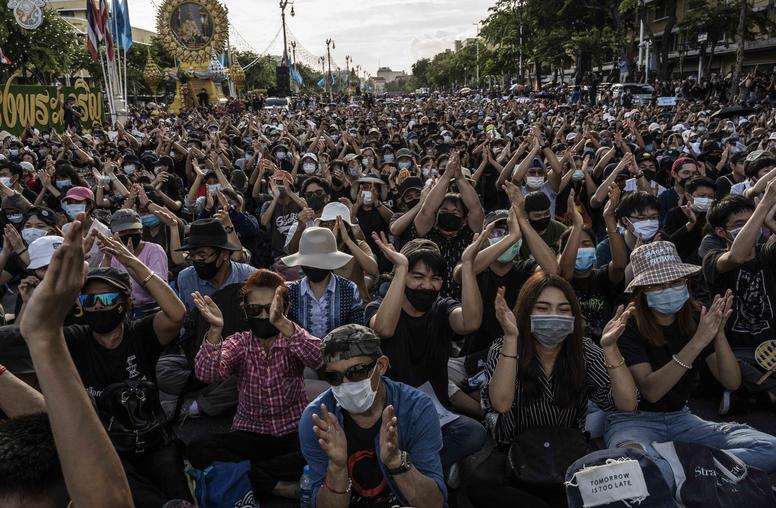
Addressing Fragility in a Global Pandemic: Elements of a Successful U.S. Strategy
The Global Fragility Act (GFA), passed by Congress and signed into law in 2019, requires the State Department, USAID, and other agencies to put in place for the first time a comprehensive strategy to address state fragility, violent conflict, and extremism, relying on best practices that are key to more effective and integrated U.S. policy. This report focuses on six key themes in the legislation, drawing on the expertise of leading peacebuilding and development experts to help generate practical solutions for advancing the GFA.
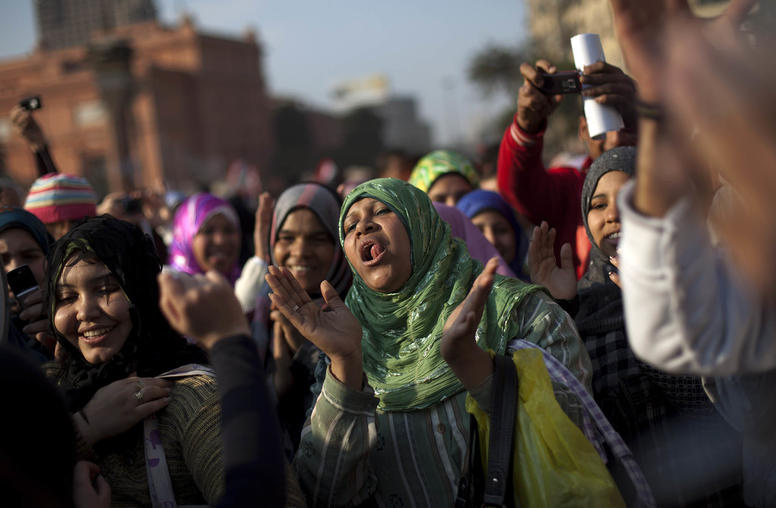
Promoting Peace and Democracy after Nonviolent Action Campaigns
The ouster of Egyptian president Hosni Mubarak in February 2011 was brought about using the tools of nonviolent action, including massive protests and nationwide strikes. Yet the transition that followed showed that initiating change through nonviolent action is no guarantee of a peaceful, smooth path to democracy. This report, based on data on 72 political transitions that occurred between 1945 and 2019, provides key insights into the kinds of mobilization, in terms of tactics and actors, that tend to be most effective in carrying transitions to a democratic outcome.
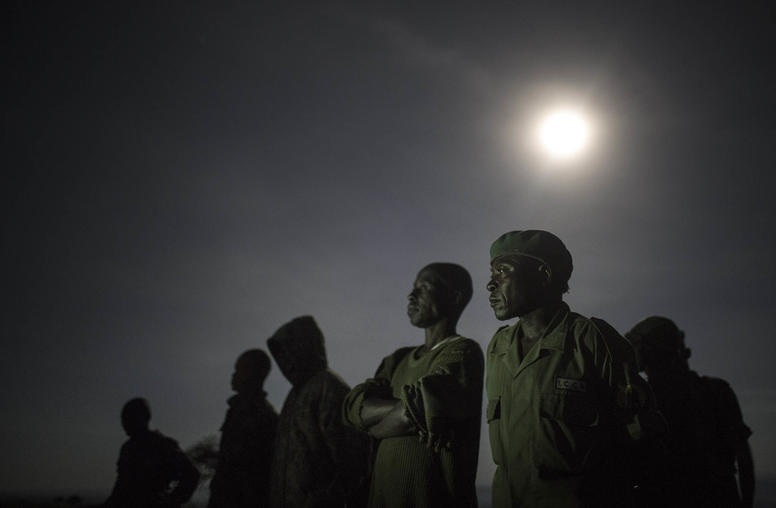
Armed Actors and Environmental Peacebuilding
The eastern provinces of the Democratic Republic of the Congo (DRC) have been the site of decades of conflict between the Congolese army and nonstate armed groups. The region’s conflict dynamics are profoundly affected by the combatants’ exploitation of and illegal trade in natural resources. Drawing lessons from eastern DRC, this report argues that the environmental peacebuilding field needs to do more to understand how armed actors shape resource governance and resource-related conflict, which in turn can lead to better-designed peacebuilding programs and interventions.
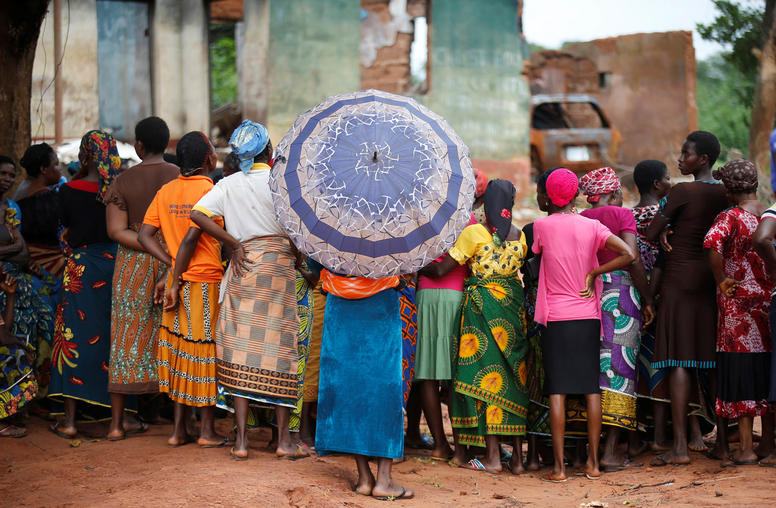
Behavioral Science and Social Contact Peacemaking
Although social contact theory — the idea that encountering someone with a different group identity can lead to greater understanding, empathy, and trust — has become a bedrock of most peacebuilding initiatives in recent decades, doubts remain about whether such initiatives prevent violence. This report provides practical insights and recommendations for improving peacebuilding efforts by more effectively factoring an understanding of human behavior into the design, implementation, and evaluation of social contact interventions.
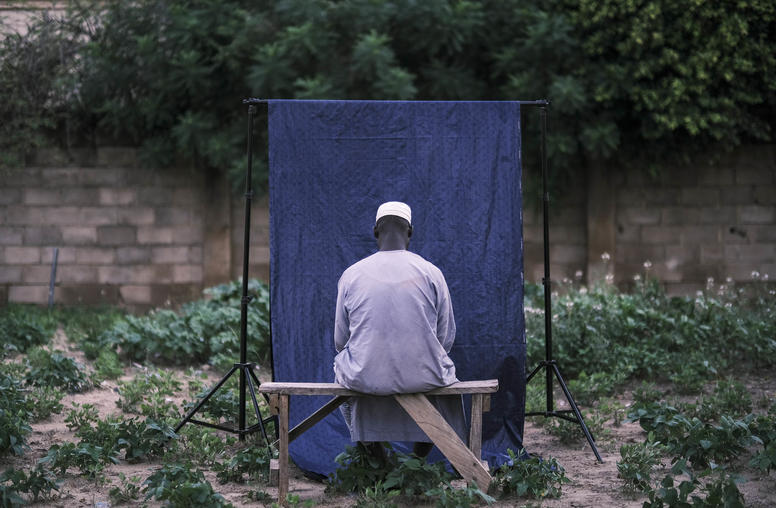
Disengaging and Reintegrating Violent Extremists in Conflict Zones
Dealing with people who leave violent extremist groups has become one of the most pressing security issues of our time. Drawing on new primary research conducted by the author in Iraq, Syria, and Nigeria, and existing research on disengagement and reintegration, this report underscores the challenges of administering rehabilitation programs in conditions of chronic insecurity—and of doing so at a scale sufficient to make a difference to hundreds or even thousands of people in short order.
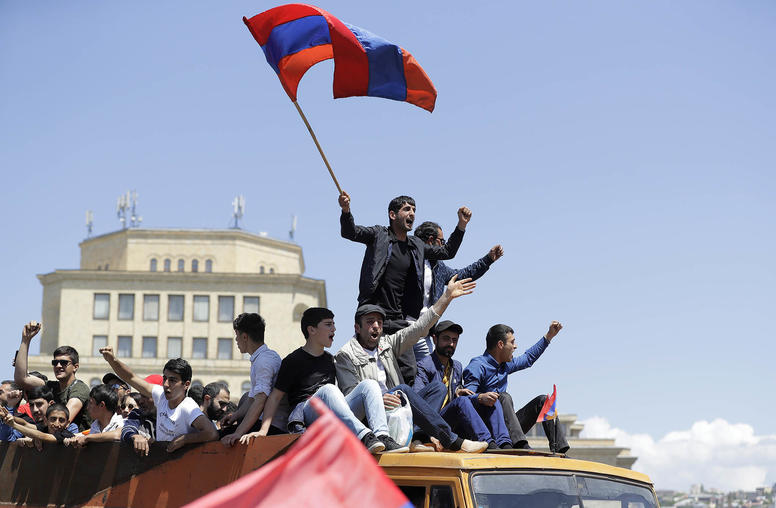
Overcoming the Challenges of Transitional Mobilization
Nonviolent action can be a powerful way to bring about peaceful transitions from autocratic rule to democracy. But even when initially successful, movement leaders often face significant challenges, from frustrations that grievances are not addressed quickly enough to counterrevolutions aimed at restoring the authoritarian status quo. This report examines two recent transitions—the 2011 Jasmine Revolution in Tunisia and Armenia’s 2018 Velvet Revolution—and presents recommendations for improving the likelihood that change initiated through nonviolent action leads to robust and lasting democracy.
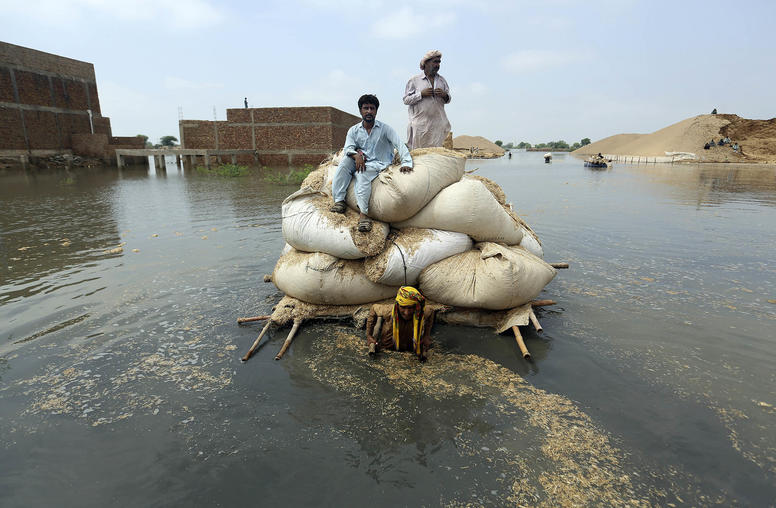
Displaced to Cities: Conflict, Climate Change, and Rural-to-Urban Migration
Countries as geographically diverse as Honduras, Jordan, and Pakistan are experiencing a common challenge—rapid growth in urban populations as conflict and climate-induced disasters push people from rural areas into cities. This report examines the effects of this increased urban migration on both the migrants and the urban environment, as well as the challenges policymakers face. It offers recommendations to help meet the needs of growing urban populations and develop adaptive, resilient systems to better withstand the impacts of climate change and conflict.
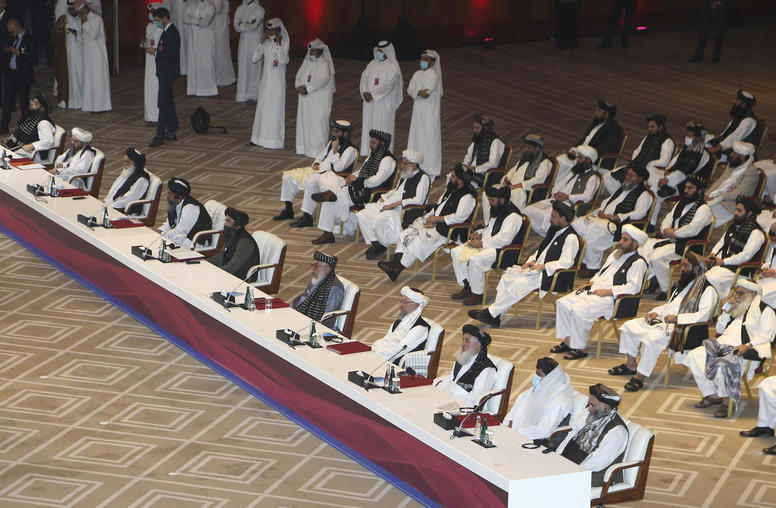
Why Was a Negotiated Peace Always Out of Reach in Afghanistan?
August 30, 2022, marks the one-year anniversary of the last US troops leaving Afghanistan. During America’s 20-year military intervention, there were several opportunities to negotiate peace among the Taliban, the Government of the Islamic Republic of Afghanistan, and the United States—but these opportunities were missed, went unrecognized, or were deliberately spurned by one or more of the parties. In this important history, Steve Brooking, the first British official sent into Afghanistan after 9/11, examines why the three parties were unable or unwilling to reach a negotiated settlement.